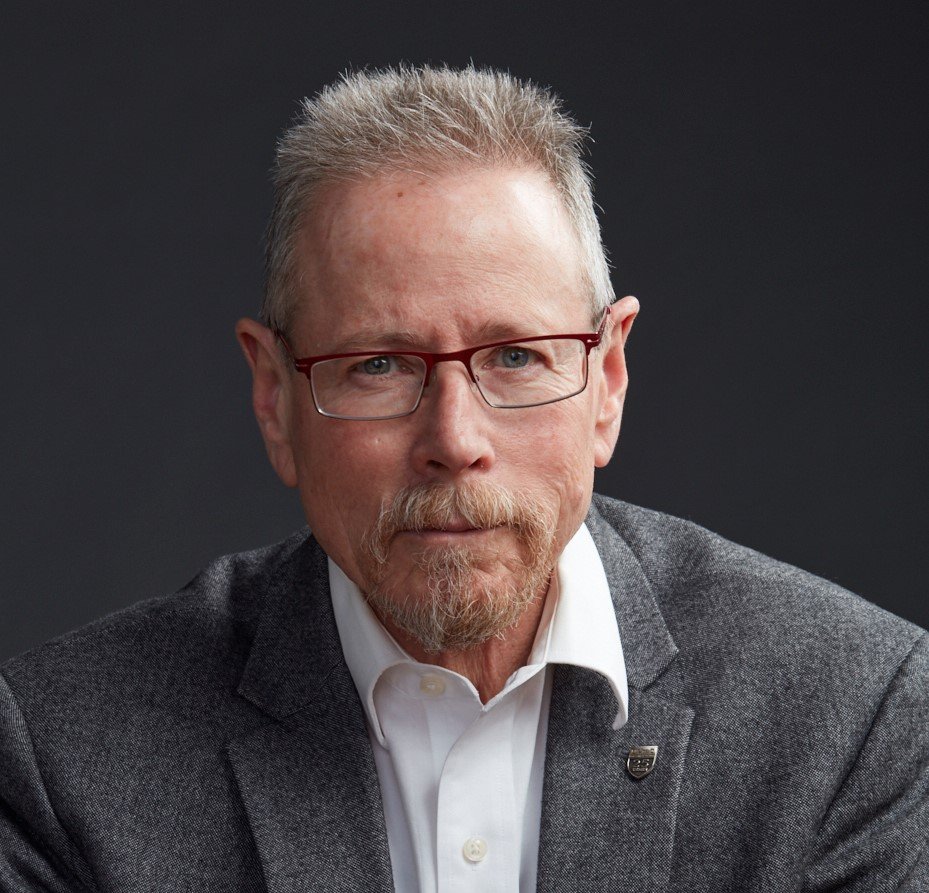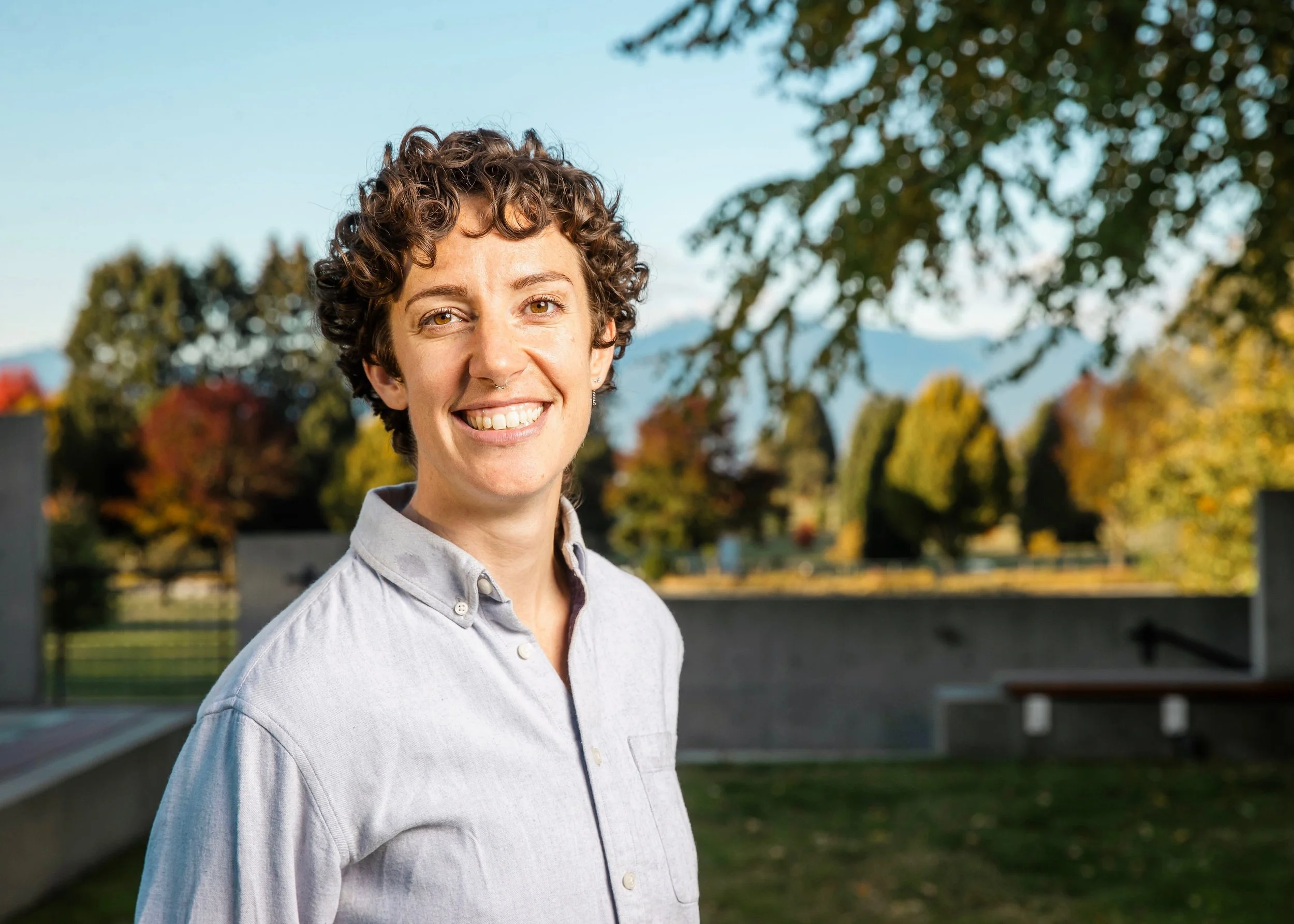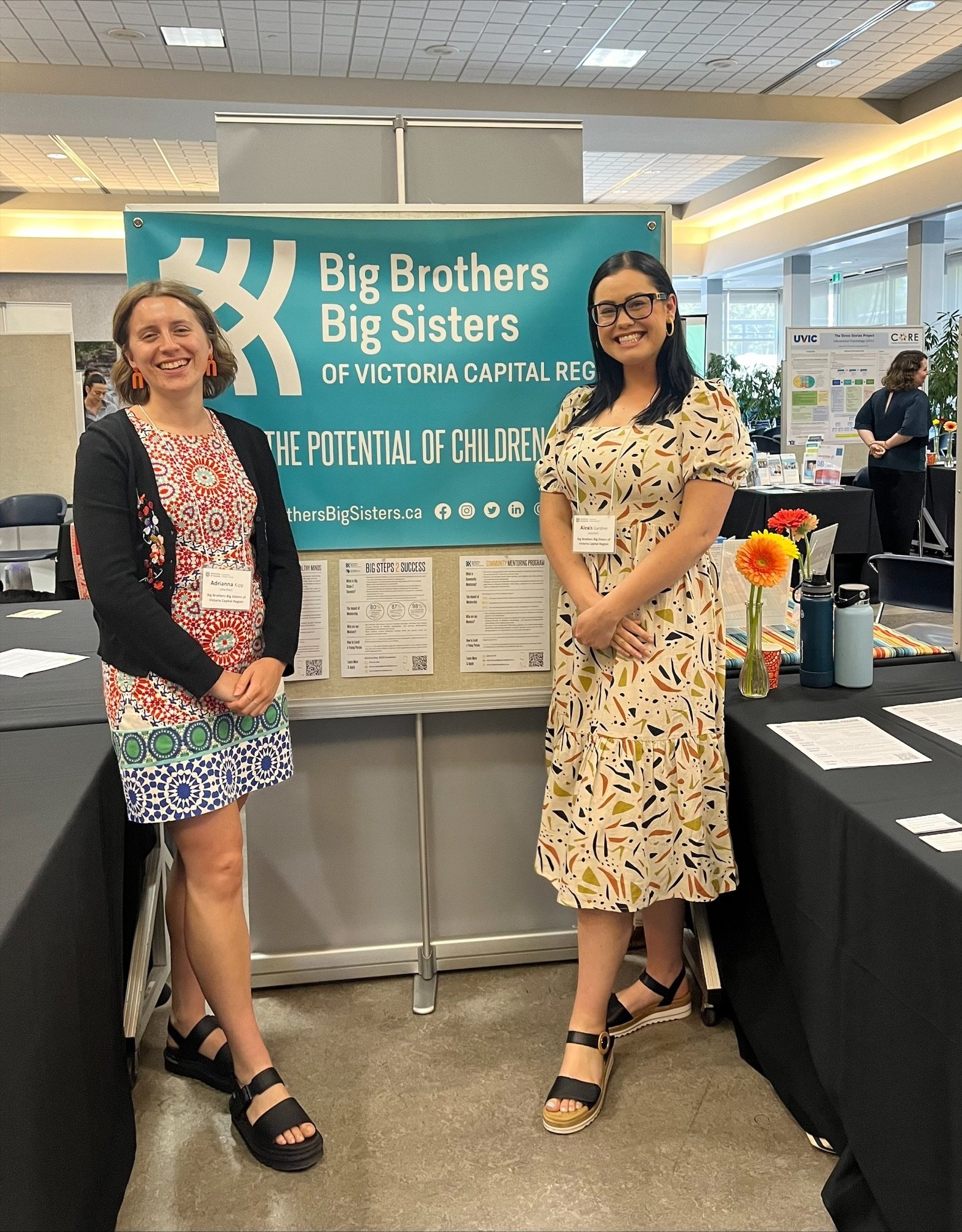
Meet our team
Mattie Walker
(they/them)
Mattie Walker, PhD, RCC is postdoctoral fellow with the University of Northern British Columbia and the Community-Based Research Centre. For the doctoral work in the Social Dimensions of Health at the University of Victoria, they created and led the Transforming Supports project. As a researcher, they seek to better understand the experience of trans and gender-diverse people accessing trauma support in order to improve services and to make mental health services more useful and safer for gender-diverse people. Mattie comes to this work with a background in the anti-violence sector and currently practices as a clinical counsellor specializing in working with trauma and violence, and with queer and gender-diverse individuals.
Community Advisors
We are a group of four community members that bring a combination of lived experience and professional experience to the topic of trans and gender-diverse mental health support. Together we have experience in accessing gender-affirming medical care and crisis supports, and some of us have worked/continue to work as mental health professionals. We have all had personal involvement in the world of trans supports in various ways.
Our combined contributions cover a vast, though notably non-exhaustive, range of perspectives. Trans, non-binary, BIPOC, working-class, disabled, and neurodivergent perspectives have representation in our collective. However within our group, regretfully due to limitations, some perspectives may be over-represented (middle-class, white, settler), and some key perspectives are sorely missing (Two-Spirit, Indigenous, etc). Despite this, we continue to do our best to assist with the project with the acknowledgement that a challenge within research is that bias will exist. We are committed to imperfectly engaging in this work with cultural humility.
We are involved in this project with the hope of raising awareness of our community’s needs, shining a light on an area of research that needs to be expanded on, and bringing attention to the importance of community outreach, research and inquiry led by and for members of under-represented communities.
Academic Supervisors
-

Dr. Nathan Lachowsky
(he/him)
Nathan Lachowsky is a social epidemiologist with 15 years of experience conducting community-based health equity research with marginalized groups across Canada and Aotearoa New Zealand. He has deep expertise in sexual health and HIV/AIDS. Nathan works as an Associate Professor and is a former Michael Smith Foundation for Health Research Scholar in the School of Public Health and Social Policy at the University of Victoria. He actively volunteers in the 2SLGBTQ+ community and currently serves as the Research Director of the Community-Based Research Centre.
-

Dr. Aaron Devor
(he/him)
Dr. Aaron Devor, PhD, FSSSS, FSTLHE, has been studying and teaching about transgender topics since the early 1980s. He established and holds the world’s first Chair in Transgender Studies; initiated and hosts the international, interdisciplinary, and intergenerational Moving Trans History Forward conferences; and founded and serves as subject matter expert for the world’s largest Transgender Archives. He has published widely, his opinions are sought frequently by the media, he has delivered public lectures and more than 40 plenary addresses to audiences around the world, and he is a national-award-winning teacher. Dr. Devor is a professor of Sociology at the University of Victoria in British Columbia, Canada.
-

Dr. Sarah Hunt / Tłaliłila’ogwa
(she/her)
Sarah is Canada Research Chair in Indigenous Political Ecology and Assistant Professor in Environmental Studies at the University of Victoria. Sarah’s research and teaching center on the political relationalities of coastal peoples; Indigenous justice and self-determination across the scales of the body, home and land/water; and Indigenous, decolonial and community-based approaches to research. As an activist-scholar with a long history of collaborating with Indigenous communities, particularly youth, women and 2SQ people, Sarah is committed to centering diverse knowledges that do not fit neatly into disciplinary frames. In this sense her work in Indigenous political ecology is un-disciplined rather than being inter- or trans-disciplinary.
Sarah is Kwakwaka’wakw – Kwagu’ł through her paternal grandfather Chief Henry Hunt, and Dzawada’enuxw through her grandmother Helen Hunt (Nelson) – and is also Ukrainian and English through her maternal grandparents. She has spent most of her life as a guest in Lekwungen territories. Prior to joining UVic, Sarah was an Assistant Professor at UBC for five years in the Institute for Critical Indigenous Studies and Department of Geography.
Community Partners
-

Leo Rutherford
(he/him)
Leo works with the Community-Based Research Centre. Leo is a trans activist and scholar whose work is focused on transgender health and gender-affirming care. He has worked on a number of research projects, including as a Research assistant for TransPulse Canada, and a Mitacs fellow for the Community-Based Research Centre’s Sex Now project. PROGRESS (Patient-Reported Outcomes of Genital Reconstruction and Experiences of Surgical Satisfaction) for metoidioplasty and phalloplasty was Leo’s dissertation project and the first of many more community-focused research project on the topic. Leo hopes his work creates much-needed and invaluable knowledge for the trans community about gender-affirming care. Leo’s research is funded by CIHR’s Strategy for Patient-Oriented Research Transition to Leadership award and Health Research BC.
-

Owen Ballendine
(he/they)
Metis/Cree
Owen is the coordinator for Urban Native Youth Association’s (UNYA’s) Native Youth Learning Centre & food program, as well as the UNYA 2 Spirit Program.
UNYA’s Mission: Urban Native Youth Association is the centre of Indigenous youth excellence, supporting youth on their journeys by amplifying and celebrating their voices. UNYA’s Vision: Empowered Indigenous youth leading and inspiring all Nations. UNYA’s Philosophy of Care: UNYA recognizes that a one-size-fits-all approach does not work best for our youth. The philosophies of two-eyed seeing, culture as therapy, trauma-informed care, harm reduction, and person-centred care provide a framework that shapes all decisions in how we interact with and respond to youth across programs.
UNYA's focus since its inception (1988) has been to provide meaningful opportunities for Indigenous youth (Aboriginal, Metis, Inuit, First Nations, Status, Non-Status) in the urban setting. UNYA’s goal is to be a safe place for Indigenous youth to come and find out about programs and services at UNYA and in the broader community. UNYA strives to support Indigenous youth by providing a diverse continuum of advocacy, preventative and support services that respond to their immediate and long-term needs. Today, UNYA delivers 20+ programs, with 175+ volunteers, 100 staff, and more than 300 community partners.
-

Victoria Tool Library
We are a volunteer run non profit organization empowering and building community through low barrier access to tools and knowledge. The Victoria Tool Library supports the project with access to supplies for workshops and the summer art group.
Research Assistants and Students
-
Sophia Ciaveralla
(she/her)
Practicum Student September 2024 - April 2025.
Sophia Ciavarella is a Master of Social Work student at the University of Victoria. She comes to her research from a background in community-led care, with experience in supporting trans and gender-diverse young people, gender-based violence work, and sex worker rights. She is passionate about uplifting the immense knowledge that 2S/LGBTQIA+ communities hold from the perspective that marginalized people are the experts on their own needs. The objective of her work is to create and promote care that is relevant, respectful, and safe for those who need it.
-

Lors Heit
(they/them)
Research Assistant January 2023 - August 2023.
Lors Heit is a Masters student of Public Health and Social Policy at the University of Victoria. They have previously worked in Colombia, France, Greece, and Lebanon with displaced people in refugee contexts, primarily in access to health care and protection for vulnerable individuals, including 2SLGBTQIA+ refugees. Their focus is on community capacity-building and health promotion in emergency contexts, and the ethics of cross-cultural research and practice. Lors is an experienced workshop facilitator on 2SLGBTQIA+ and mental health topics. They currently reside on the territory of the lək̓ʷəŋən-speaking peoples.
Past Community Partners
-

Darren Ho
(he/him)
Darren Ho (he/him) worked at the Community-Based Research Centre as the Associate Director of Population-Specific Programs when supporting the Transforming Suports project. In addition to BC regional programming, he oversees programs for specific populations such as programs for: Indigenous, Black, and other People of Colour (IBPOC) and rural/remote regional programs. In BC, Darren’s work revolves around connecting and bridging gaps between stakeholders and community members within the provincial health authorities. He has a background in HIV and sexual health education for youth, and has been involved in the community of gay men’s health in various capacities since 2011. His focus is knowledge translation, capacity building, and developing or upscaling interventions that allow gay, bisexual, and queer folks to self-advocate for their health, within their own communities. Darren now works wth Health Initiative for Men (HIM).
-

Adrianna and Alexis - Big Brothers Big Sisters Victoria
Adrianna Kipp (she/her) is the Big Steps to Success Coordinator at Big Brothers Big Sisters of Victoria. Adrianna holds a B.A in Sociology, with a minor in Psychology from the University of Victoria. She has a background working for youth mental health services and is passionate about strengthening the community and empowering individuals through accessible early intervention and prevention programs.
Alexis Gardner (she/her) is the Senior Mentoring Coordinator & Family Intake Coordinator at Big Brothers Big Sisters of Victoria. She holds a B.A. in Sociology and Gender Studies from Vancouver Island University. Since graduating Alexis has continued to grow, develop and seek experiences that reflect her commitment to social innovation and community member resilience.
Big Brothers Big Sisters of Victoria (BBBSV) is committed to sustaining an environment where representation matters, diversity is celebrated and everyone is welcomed. We believe that every child has limitless potential. This means that all 2SLGBTQIA+ people with diverse abilities, gender and sexual identities, races, religions, cultures, and orientations are worthy of support, respect and empowerment. Our programs in the community and in local schools enable life-changing mentoring relationships to ignite the power and potential of children and youth. When we match a young person with a trusted mentor, we start something incredible – a life-changing developmental relationship where they can be supported, challenged and empowered. Our vision is that all young people in our community realize their full potential and become whoever they dream of being.






